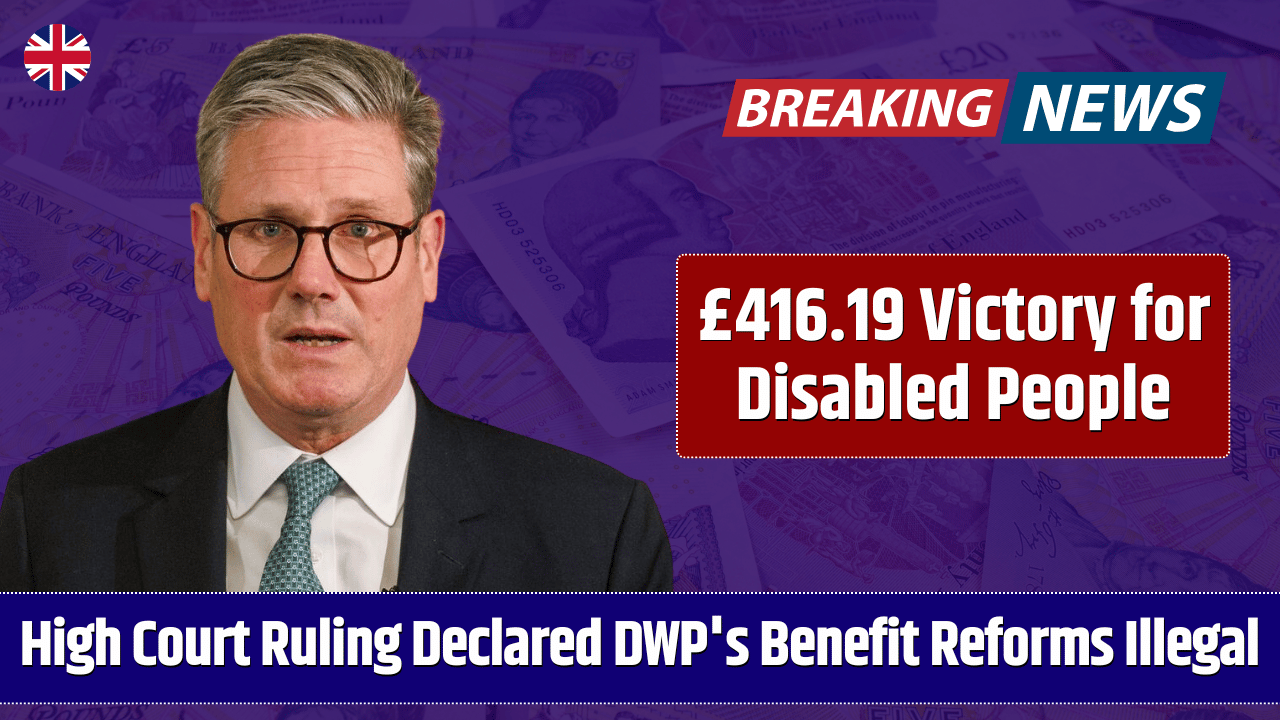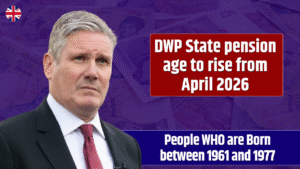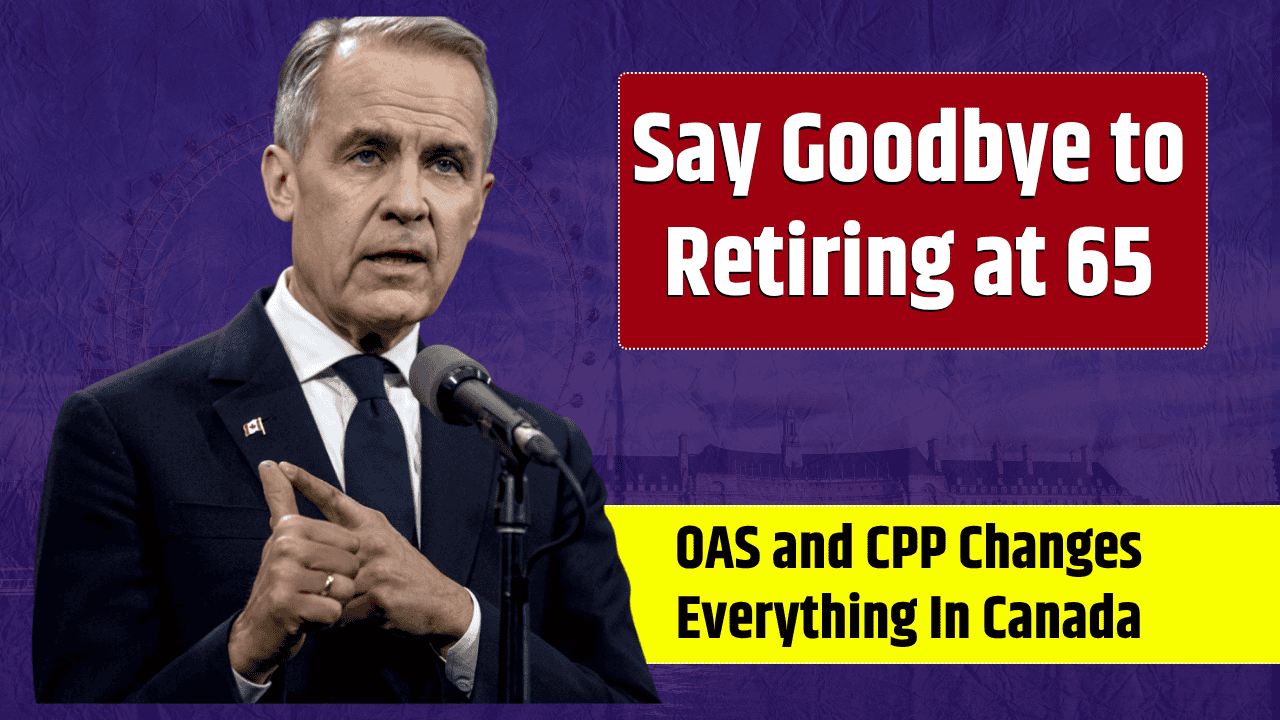A recent High Court ruling against the UK Department for Work and Pensions (DWP) marks a major win for the disability rights movement. In a judgment that underscores both legal integrity and moral accountability, the court found that the DWP’s consultation process around controversial benefit reforms was unlawful. At stake were the lives and livelihoods of hundreds of thousands of disabled individuals—many of whom now face financial hardship due to reforms driven more by cost-cutting than by support.
Table of Contents
What the Court Found Unlawful
The proposed DWP reforms were presented publicly as a means to help disabled people into employment. But internal documents, revealed through legal proceedings, showed a different motive: slashing welfare spending. The reforms risked stripping away financial support from 424,000 disabled people, with nearly 100,000 potentially pushed into absolute poverty.
The High Court, led by Mr. Justice Calver, ruled that the DWP’s public consultation process failed to meet key standards. Specifically, the process was:
- Misleading in how it framed the reforms
- Lacking transparency about potential financial impacts
- Unfair, by hiding crucial internal analysis
In the court’s words, consultation is not a box-ticking exercise—it is a legal duty to ensure that decisions affecting vulnerable populations are made with integrity and openness.
The Hidden Financial Impact
One of the most shocking elements of the ruling was how much information the DWP kept from the public. Internal assessments showed that some claimants stood to lose at least £416.19 per month, a devastating cut for people already struggling to cover basic needs.
Here’s a summary:
| Impact | Details |
|---|---|
| Disabled people affected | 424,000 individuals |
| At risk of absolute poverty | 97,000+ people |
| Potential monthly income loss | £416.19+ |
| Public disclosure during consult | Not provided |
| Primary motive (internal reports) | Budget savings, not employment support |
A Flawed Justification
The DWP claimed these changes were meant to “support” disabled people into employment. Yet internal documents painted a different picture—showing that the reforms would likely lead to harsher sanctions, greater financial loss, and no proven improvement in employment outcomes.
This contradiction was central to the court’s ruling. By misleading the public about the reforms’ true intent, the DWP violated basic legal standards of public consultation.
What Happens Now?
The High Court ruling did not automatically reverse the reforms or reinstate lost benefits. However, it does invalidate the legal foundation on which the policy changes were based. That opens the door to further legal action or political intervention.
Key next steps might include:
- A full withdrawal or rework of the reforms
- A new, legally sound consultation process
- Potential compensation or back pay for affected individuals (though not guaranteed)
Disability rights groups such as Inclusion London, and legal advocates like the Public Law Project, are now calling for the government to restart the consultation with disabled people at the center of the process.
Growing Backlash Against the Reforms
Civil service unions, including the Public and Commercial Services Union (PCS), which represents many DWP staff, have condemned the reforms as “harmful.” They’ve joined calls for the government to adopt a more inclusive and evidence-based approach to welfare reform.
The ruling also reignites broader debates around government spending priorities. Critics argue that resources spent chasing small-scale benefit fraud could be better focused on rooting out large-scale misuse or inefficiency—especially when current cuts disproportionately harm the most vulnerable.
The High Court has sent a powerful message: government cannot hide behind misleading narratives when shaping policies that affect people’s lives. Disabled individuals deserve fairness, honesty, and a voice in the policymaking process. This ruling could mark a turning point toward more humane and evidence-led welfare policy in the UK.
FAQs
Does this ruling reverse the benefit cuts?
No, it doesn’t automatically reverse any decisions. However, the unlawful consultation process undermines the legitimacy of those cuts.
Will affected individuals receive compensation?
Not at this stage. Any restitution would require further legal action or political decisions.
What was the DWP’s real motive behind the reforms?
Internal documents revealed the motive was largely to cut costs—not to increase employment among disabled people.
Are the reforms still going ahead?
The court ruling invalidates the consultation, but the reforms haven’t been formally withdrawn yet. Campaigners are urging the government to scrap them.
Will the government appeal the ruling?
There’s no confirmation yet, but disability rights groups are prepared to continue legal challenges if necessary.














